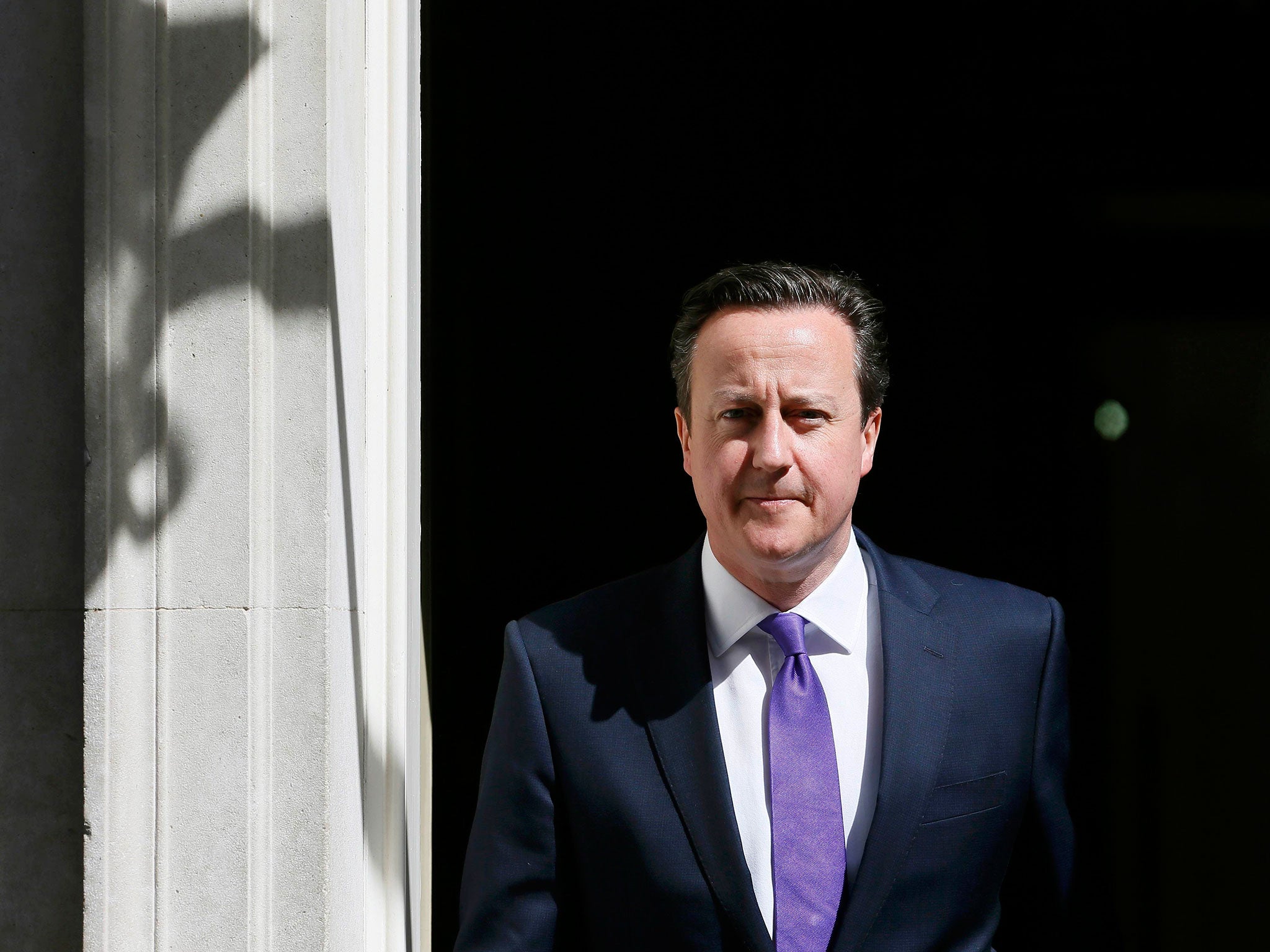Will you be richer or poorer under the Tories?
What lies in store for you – and your hard-earned cash – under the first all-Tory government since 1997

Support truly
independent journalism
Our mission is to deliver unbiased, fact-based reporting that holds power to account and exposes the truth.
Whether $5 or $50, every contribution counts.
Support us to deliver journalism without an agenda.

Louise Thomas
Editor
It’s easy to presume that only the rich and wealthy will be better off while the hard-up will become even poorer under five years of Conservative rule.
But just what lies in store for you – and your hard-earned cash – under the first all-Tory government since 1997:
Tax advantages
All workers are set to benefit if the Tories keep to their pledge to increase the tax-free personal allowance from its current level of £10,600 to £12,500 by the end of the new parliament in 2020. No doubt the move will largely be delayed until then so it can be a vote-winner next time around.
There’s also a pledge to raise the threshold at which the 40 per cent tax band comes into effect from its current level of £42,385 to £50,000. However, the Tories didn’t specify any deadline on this so don’t expect it much before the next general election in 2020.
They’ve also promised pass legislation to prevent any increase in income tax, National Insurance and VAT.
Looking further ahead families could benefit from an improved inheritance tax. The Tories have said they will raise the total tax-free allowance from £650,000 per married couple to £1m, by granting an extra allowance applying only to people’s main homes. It is likely to effectively be a new £175,000 per person transferable allowance for married couples and civil partners when their main residence is passed down to children on death.
Meanwhile the introduction of a new £1,000 savings interest allowance – which was announced in this year’s Budget - is expected to come into effect next year.
Help to Buy has been widely criticised as an irresponsible ploy for pumping up wider economic confidence
First-time buyers
This autumn the Tories will launch their Help to Buy Isa to boost first-time buyers’ deposits. The tax-free savings scheme will reward savers who put aside up to £12,000 with an additional £3,000 towards their first home. However, you’ll only be allowed to start the Isa with £1,000 and then add £200 a month, which means it will take you until the next election to qualify for the maximum £3,000 handout.
Pension changes
The pension arrangements of high-earners will be targeted. Anyone earning more than £150,000 will be hit by a new policy which will cut the amount they can put into pension pots from £40,000 a year to just £10,000. Meanwhile the maximum amount savers can put into their pension pots over their lifetime – known as the “lifetime allowance” – will be cut from £1.25m to £1m in April 2016.
The Tory plans mean more swathing cuts to working-age benefits
Benefit cuts
In their efforts to reduce the budget deficit, the Tories have pledged to cut benefits by £12bn by 2017-18 but promised that pensioners’ benefit won’t be touched. Pensioners have also been told they will keep their £200 winter fuel payments, free bus passes and TV licences, regardless of how well off they are.
But the Tory plans mean more swathing cuts to working-age benefits, such as cutting the benefits cap from its current £26,000 level to just £23,000. However, those who receive disability living allowance or personal independence payments - which help with the cost of long-term ill-health or disability - would not be subject to the cap.
Then benefits will be frozen for two years from April 2016 leaving hard-up folk’s finance squeezed even further.
Families, renters and young people hit
Bigger families are likely to be targeted with child benefit expected to be capped to the first two children. The move would see families with three children up to £3,500 a year worse off.
Younger people under 25 on Job Seeker's Allowance are set to lose the right to housing benefit, which is worth an average £90 per week or around £4,500 a year.
Renters will be hit with a bigger bedroom tax, although no details have yet been released. At the moment the bedroom tax demands that those living in social housing must pay £14 a week if they have a spare bedroom and £25 a week if there are two spare bedrooms.
Those with disabilities and their carers could also be hit. Rumours persist that disability living allowance, personal independence payments and attendance allowance would no longer be paid tax-free.
However lower-paid workers could eventually end slightly better off if the Tories keep their pledge to raise the minimum wage to around £8 an hour in the next five years.
Subscribe to Independent Premium to bookmark this article
Want to bookmark your favourite articles and stories to read or reference later? Start your Independent Premium subscription today.
Join our commenting forum
Join thought-provoking conversations, follow other Independent readers and see their replies
Comments